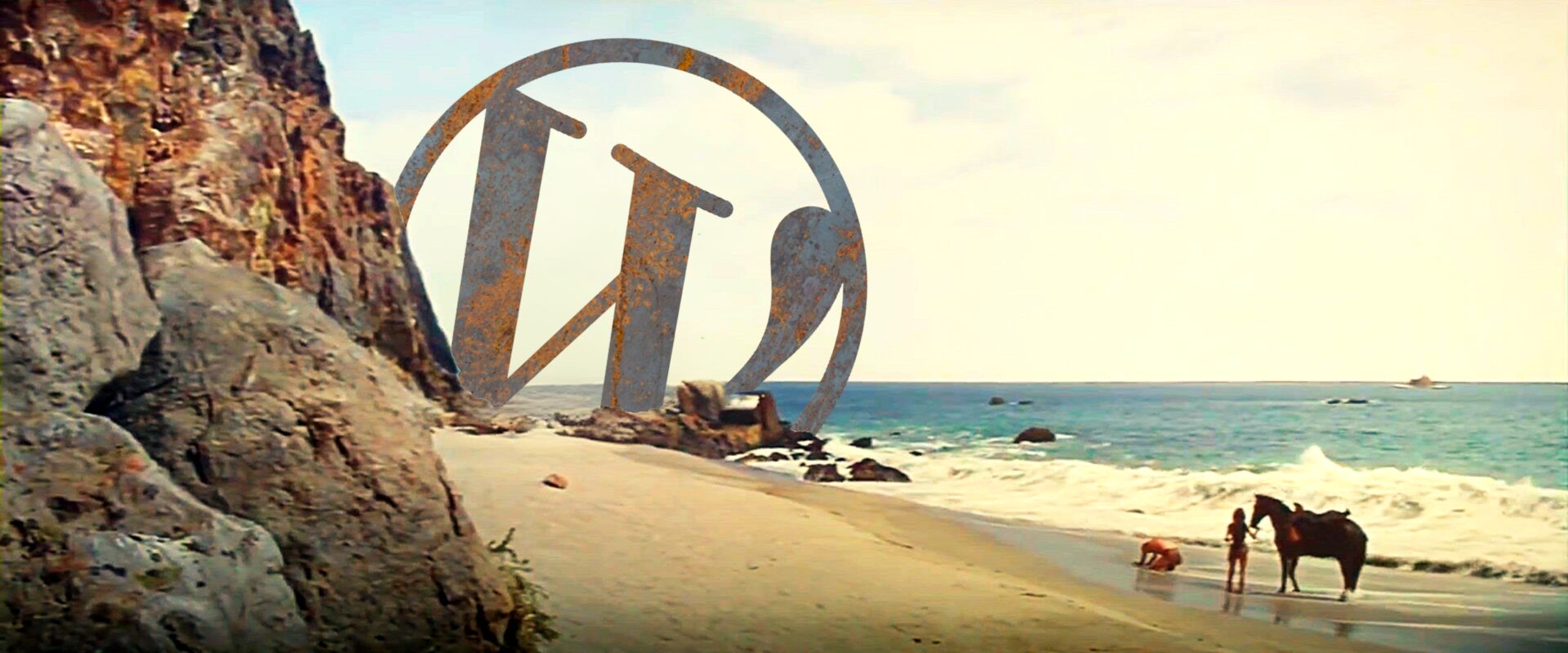yawp (noun): a harsh or hoarse cry, or yelp.
yawp (verb): shout or exclaim hoarsely; to make a raucus noise or clamour.
Like Gutenberg’s printing press, the word “yawp” comes from the 15th century, known later from a line in an 1892 poem by Walt Whitman, “I sound my barbaric yawp over the roofs of the world.”
The girl pictured is the original header image from the blogging software b2, which referred to itself as a “classy news/weblog tool (aka logware)” from roughly 2001 to 2003.
yawp (.foo): YAWP is a recursive acronym, and like “foo”, it can have many meanings, as long as the acronym remains recursive. Yawp is Another Web Platform. Capitalize it however you like, dangit.
I think she’s yawping. Are you ready to yawp?
What?
About
In late September 2024, we entered a chaotic interlude in the history of WordPress, involving not just the software, but the major players involved and the community around, with implications for the wider open source software movement.
The pretext on which the controversy began is disastrously wrong, based in demonstrably flawed logic. As the WP Community sets to re-lay its foundation, it is imperative we not repeat the same mistakes. Here I’m referring not simply to practical matters like governance structures, but the free and open source software (FOSS) philosophy and ethos, which are fundamental to the community.
Looking for more context? There are many summaries online, both as news stories and as running chronologies to links. There’s a (co-)founder, a private equity firm, a lawsuit, lots of fallout, and a community in crisis.
If you want to read in the order I’m building my thesis, here’s the outline:
- Unmasking the Tragedy of the Commons
- Why Unmasking the “Tragedy of the Commons” Matters
- Excursus: Methodological Individualism & the Rational Individual (tangential material)
- Free-Riding Free Software
- Reframing the Maker-Taker Problem
Why the recovery of FLOSS ideals is needed in the WordPress community more now than ever involves a more direct commentary:
Latest Article

Reframing the Maker-Taker Problem
Abstract
A number of theoretical models suggest that there’s a problem with sustaining development of open source projects. The Free Rider Problem and the Tragedy of the Commons are the leading two, but a more recent theory called the “Maker-Taker Problem” has been put forward by Drupal founder Dries Buytaert. His description of the problem has been generally well-received within the open source community. His theory is better-reasoned and takes into account some of the issues with other models. Unfortunately the theory still suffers from a few flaws that call its conclusions into question. In addition to one of its key foundation sources not reflecting the impact of online collaboration, some of its presuppositions mean it cannot be taken as a certainty, and make it potentially applicable to open source but not to free software. After describing the terminology, this article considers the Maker-Taker Problem as presented, highlighting certain weaknesses that make the model unreliable for defining and addressing the problem it presumes.

Breaking the Status Quo is The Future of WordPress

Breaking the Status Quo: How it Came to This

Breaking the Status Quo: A New Roadmap

